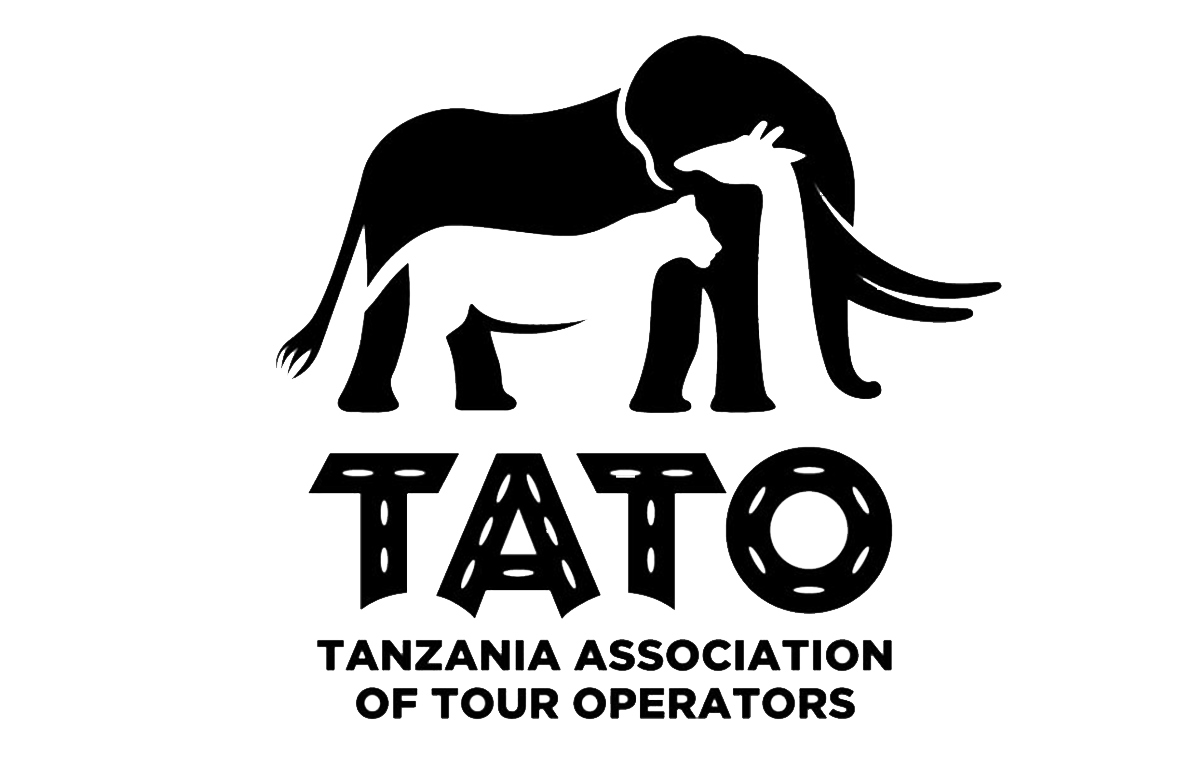TOURISM’S VAT ON DEPOSIT HEADACHE: IS THERE A PANACEA?

During the peak of Covid-19, there were many safari cancellations resulting in mass refunds to tourists. To add salt to the wound this also resulted in complications on the VAT front.
OP-ED by Pamela Salehe, a Senior Manager of Tax Services PWC Arusha office, as published in the newspaper The Citizen on 21st April 2022.
Tourism contributes more than 17 percent of the GDP and towards 25 percent of foreign currency earnings in Tanzania. But it has the potential to contribute so much more. Recognising this, this week saw our President Samia Suluhu Hassan launch the Royal Tour Documentary, which intends to promote Tanzania and its tourism attractions globally.
However, the recent past has been turbulent for the sector. In 2020 and 2021, the industry was severely affected by the Covid-19 pandemic, resulting in significant revenue reduction. During the peak of Covid-19, there were many safari cancellations resulting in mass refunds to tourists.
To add salt to the wound this also resulted in complications on the VAT front.
The refund to the tourists was of the initial deposit they had paid when they made the bookings to confirm or guarantee their booking before their visit. Where VAT was already accounted for and paid to the Tanzania Revenue Authority (“TRA”) at the time of receiving the deposit, a refund of this VAT had to be sought through an “adjustment note” since there was a cancellation and a return of the deposit.
How does VAT on deposits arise?
Well, according to the VAT legislation, assuming that a deposit is for a supply that is taxable rather than exempt, then VAT is due at the time the deposit is made by the tourist; this is a result of the “time of supply provisions” which require VAT is to be accounted for (by reference to the earlier of issuance of the invoice or receipt of consideration for the supply on whole or part, or at the time of collection (in this case, when service is rendered or performed)).
Where VAT is accounted for, the revenue has to be declared in the VAT returns, and Electronic Fiscal Device Management System (EFDMS). However in the financial statements this is recorded as a prepayment and the revenue is only accounted once the service is rendered.
Therefore this will lead to disparity between the revenue in the financial statements and the revenue in the VAT returns; the reconciling amount being the deposits received from customers.
In practice, the VAT treatment on receipt of deposits for the hospitality sector is an area of current confusion resulting in varied treatment and often a source of dispute between hospitality providers and the TRA.
A particular challenge for the industry is to determine the nature of a deposit received from a customer. For example, does the deposit amount to a prepayment or is it simply a guarantee of a booking? Is the deposit a tax point for VAT purposes or not?
What happens if the deposit could be in relation to a mixture of taxable, exempt and out of scope supplies (for example, local air travel is exempt, bed night levy is out of scope)?
Consequently, there has been various practices from the players, for example: not accounting for VAT on deposits received from customers, issuing manual receipts in respect to deposits and accounting for VAT thereon but only issuing a fiscal invoice once the service is rendered, non-adjustment of the VAT claimed by third parties suppliers in case of customers cancellations, issuing invoices for the full value of supply at the time of receipt of deposits.
A further challenge triggered by accounting for VAT on deposits is the increased administrative burden on both taxpayers and the TRA which arises from the need for revenue reconciliations between the VAT returns, financial statements, EFDMS and the bank statement.
In addition, the taxpayer may not have all the customer details to include in the fiscal invoice as required by the law when receiving the deposit.
What to do? Well, one suggestion would be to borrow a leaf from the practice in South Africa in respect to accounting for VAT on deposits. There, where a person pays a deposit to a vendor to guarantee that he will perform an obligation, then such a deposit neither forms part of the payment due nor triggers the time of supply for VAT purposes, unless it is applied as a consideration for a particular supply. This is a treatment that can promote and make the industry more competitive.
The Government may go a step further and amend the law only for the tourism sector to provide that the time of supply (which triggers the requirement to account for VAT) should simply be by reference to the date the service is rendered to the customer (and not payment).
This will simplify the accounting of VAT for all and eliminate the varied treatment. Such an amendment will only affect the timing of when VAT is accounted for but not overall revenue. Arguably, it might increase revenue by helping more players be compliant as a result of simplification.
If a change in law is not desired, then an alternative might be for the TRA to issue a “Practice Notice” to give further clarity and education so that the varied treatment is eliminated and a level playing field created.
In the long term, as the President promotes our beautiful country through the Royal Tour, simplification of the VAT treatment of deposits would generate equal excitement for the players in the hospitality industry.

